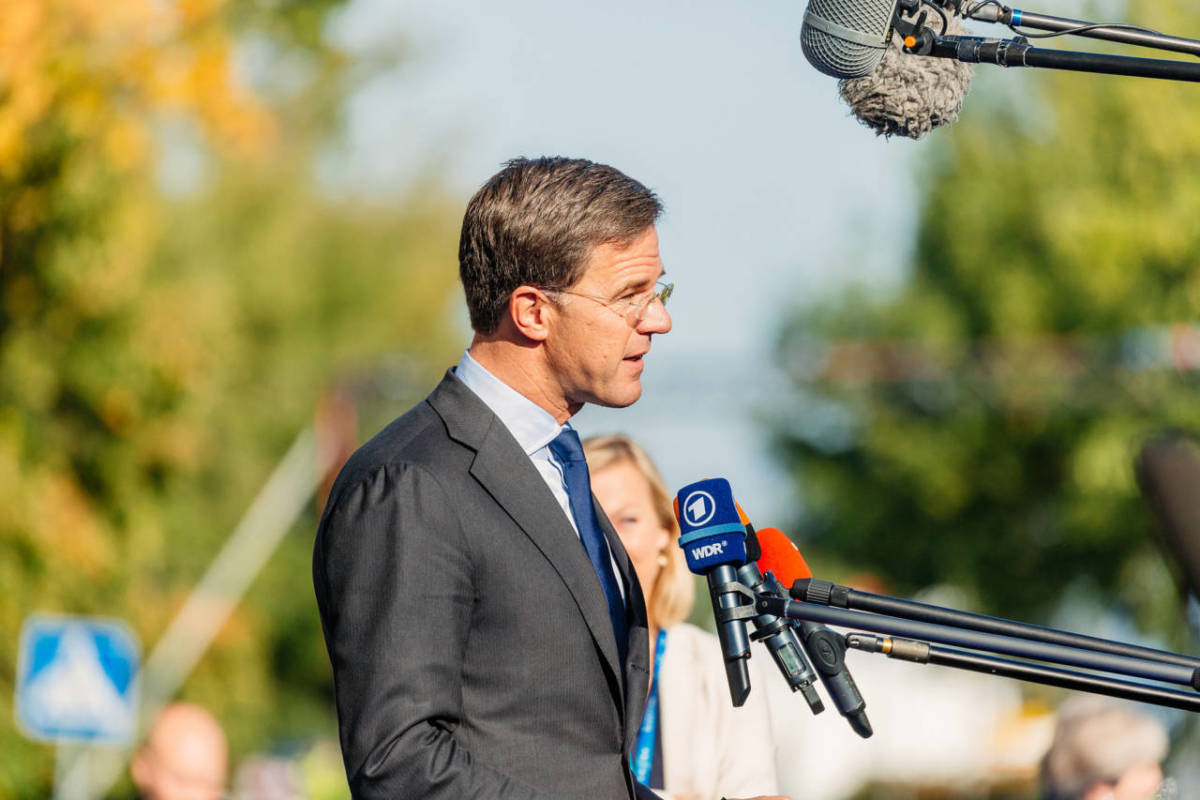Opposition leaders turn provincial elections into ‘Rutte referendum’


Prime minister and VVD leader Mark Rutte has stepped up his party’s campaign for this month’s provincial elections with a visit to a porcelain factory in Putten.
Rutte is hoping to imprint his metaphor of the ‘fragile vase’ in voters’ minds as he tries to shore up support for the coalition parties in the elections, which will determine the make-up of the next Senate.
Senators will be chosen by an electoral college that reflects the balance of power in the 12 assemblies in May. Opinion polls indicate that barring a miracle, the government will lose its majority in the senate and could need the support of two opposition parties to get its legislative programme through.
Rutte’s ‘fragile vase’ is designed to warn voters not to take the Netherlands’ prosperity and stability for granted. In a full-page advert in the AD newspaper, he argued that society could crumble if people abandoned the Dutch principles of compromise and consensus. He even cited Brexit as an example of what happened when politicians stopped working together.
At the weekend the prime minister urged voters to give their support to ‘doers, not screamers’. Though he did not name names, he said politicians who called for a Nexit, such as Forum voor Democratie leader Thierry Baudet, were advocating a course of action that would be ‘disastrous for the Netherlands‘.
Although the elections are primarily designed to choose provincial administrations, opposition parties have turned the campaign into a midterm election on Rutte’s third coalition. Socialist leader Lilianne Marijnissen has called the vote a ‘Rutte referendum’ and pledged that her party will not salvage the government’s majority in the upper house.
Marijnissen’s demands include reversing the increase in the lower rate of VAT (btw), which covers essentials such as groceries and travel tickets, from 6% to 9%. The measure came into effect on January 1 this year. The SP also wants households to bear less of the cost of the government’s climate initiatives.
Poll of polls
Rutte has also been the focus of Geert Wilders’s campaign, with the PVV leader handing out flyers with the slogan ‘Vote Rutte out!’ Wilders faces competition on the right flank from the FvD, which is contesting the elections for the first time and is on course to take around eight seats in the Senate.
The latest Peilingwijzer ‘poll of polls’ gives the four coalition parties between 51 and 61 out of 150 seats in parliament, which would translate as 25 to 30 senators. Currently they have 38, giving them a slender majority.
The provincial assemblies are primarily concerned with planning public spaces, infrastructure and environmental policy, which means they have a pivotal role in implementing the national government’s climate change strategy.
Dutch nationals can vote in the provincial elections, while all EU citizens and permanent residents have a vote in the water board elections, which are being held on the same day, March 20.
The role of the water boards has become more significant as climate change has become a more significant political issue. Parties such as D66 and GroenLinks claim the authorities are too dominated by the agricultural sector and accuse them of pursuing policies that help the cattle farming industry but damage the landscape, such as keeping the water level in the dikes artificially low.
A full list of ‘stemwijzers’ or online tools to help voters decide who to support is available here via nu.nl.
Thank you for donating to DutchNews.nl.
We could not provide the Dutch News service, and keep it free of charge, without the generous support of our readers. Your donations allow us to report on issues you tell us matter, and provide you with a summary of the most important Dutch news each day.
Make a donation